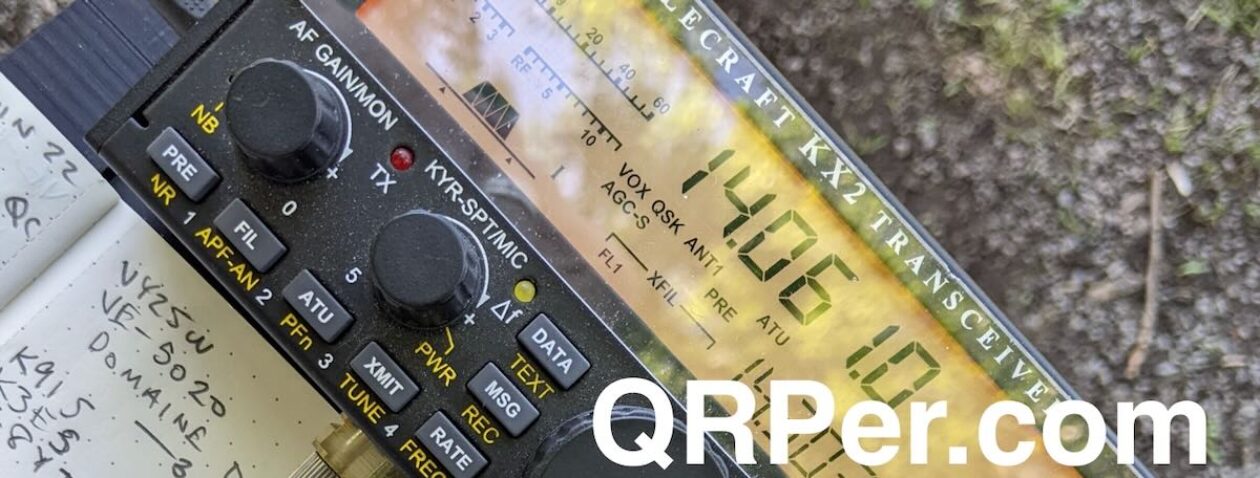 Many thanks to Tracy (K7UO) who shares the following article from EOS (Science News by AGU):
Many thanks to Tracy (K7UO) who shares the following article from EOS (Science News by AGU):
Ham Radio Forms a Planet-Sized Space Weather Sensor Network
For researchers who monitor the effects of solar activity on Earth’s atmosphere, telecommunications, and electrical utilities, amateur radio signals a golden age of crowdsourced science.
Space weather events, triggered by solar emissions and their interactions with Earth’s atmosphere, can have significant effects on communications and navigation technology and on electric power systems. As with terrestrial weather events, the economic impacts of space weather–related disruptions can be substantial, affecting satellite systems as well as systems on the ground. A severe geomagnetic storm (on the order of the Carrington Event of 1859) could have a catastrophic effect on modern infrastructure. Even solar storms of more ordinary size can induce currents in the power grid that drive up energy prices, affecting manufacturing and commerce.
Considerable interest exists in developing space weather forecasting technologies that use Earth’s ionosphere as a sensor for events in its neighboring atmospheric layers. The ionosphere occupies a privileged niche in the geospace system, as it is coupled into both the terrestrial weather of the neutral atmosphere below and the space weather of the magnetosphere above.
Although we have a good understanding of ionospheric climate—diurnal and seasonal variations are well known, as are the rhythms of the sunspot cycle—there are new and vital areas of research to be explored. For example, it is known that the ionosphere—and near-Earth space—experiences variability (e.g., radio signals can fade in and out over periods of seconds, minutes, or hours due to changes in ionospheric electron densities along signal propagation paths), but this variability has not been sampled or studied adequately on regional and global scales.
[…]The Ham Radio Science Citizen Investigation (HamSCI) is a collective that unites amateur radio operators with the research community in the space and atmospheric sciences. This confederation of scientists, engineers, and hobbyists holds annual workshops during which ham radio operators and space scientists share findings. A new HamSCI effort, the Personal Space Weather Station project, aims to develop a robust and scalable network of amateur stations that will allow amateurs to collect useful data for space science researchers. The next HamSCI workshop will be held virtually 19–21 March 2021, and it will focus on midlatitude ionospheric measurements.
A Ready-Made Volunteer Science Community
From a communications point of view, the electromagnetic spectrum is a finite resource. Signals from broadcasting, telecommunications, and navigation all have their own demands of bandwidth and range. Spectrum allocations are managed by government agencies, such as the Federal Communications Commission (FCC) in the United States. Most countries allot some of the available spectrum to amateur users for the purposes of recreation, experimentation, and the promotion of international goodwill. There are more than 760,000 licensed amateur radio operators and uncounted shortwave listeners in the United States alone.[…]
